Alain Passard and the Evolution of Modern French Gastronomy
In the world of Michelin-starred French chefs, few names command as much respect, admiration, and intrigue as Chef Alain Passard. Known as the culinary genius behind L’Arpège in Paris, Passard has redefined the boundaries of haute cuisine with his pioneering focus on vegetables, organic farming, and the artistry of flavors rooted in nature. Born in 1956 in La Guerche-de-Bretagne, France, Passard’s career spans decades of relentless innovation, from his early mastery of classic French roasting techniques to his radical decision in 2001 to make vegetables the heart of his cuisine.



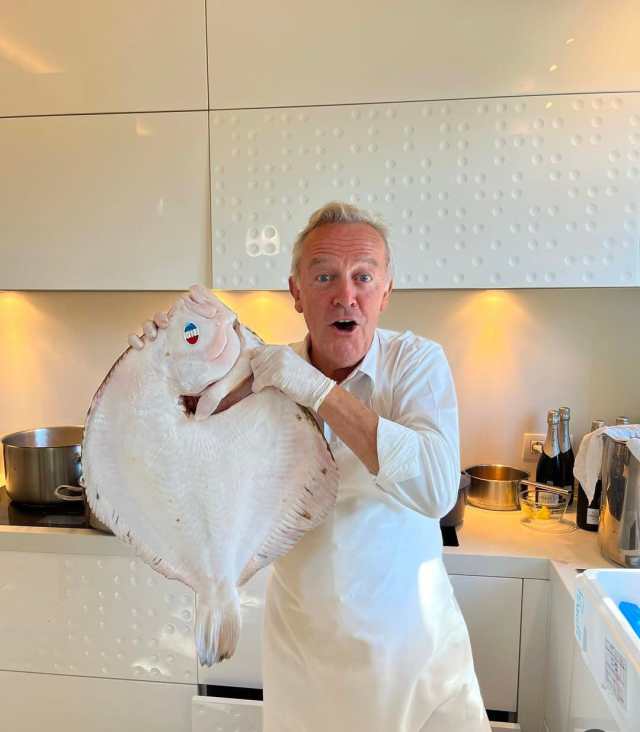



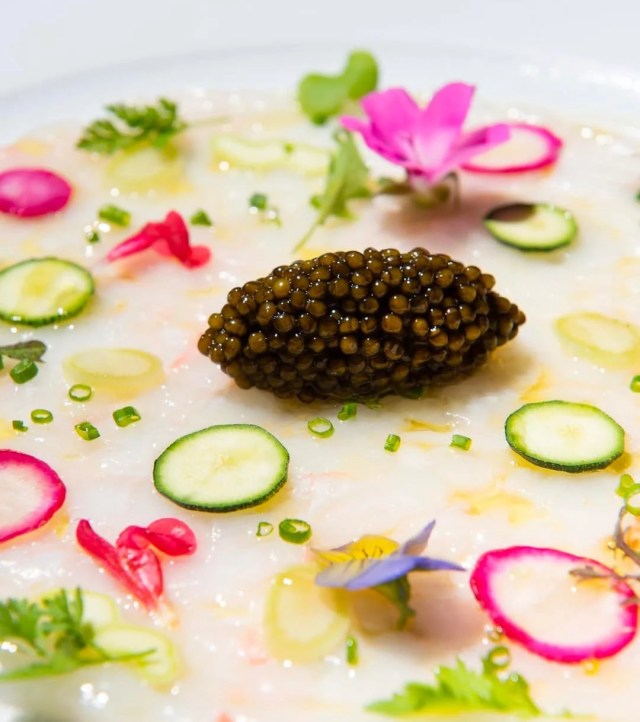
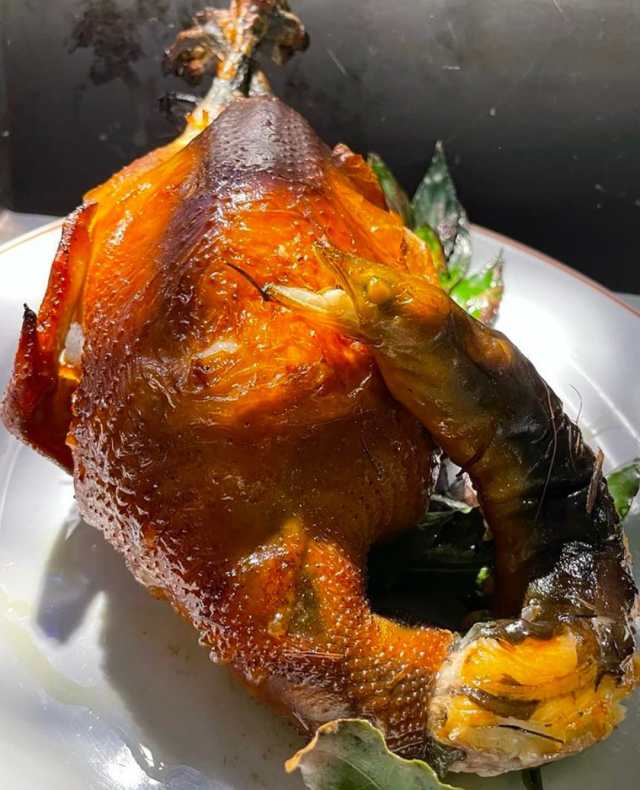
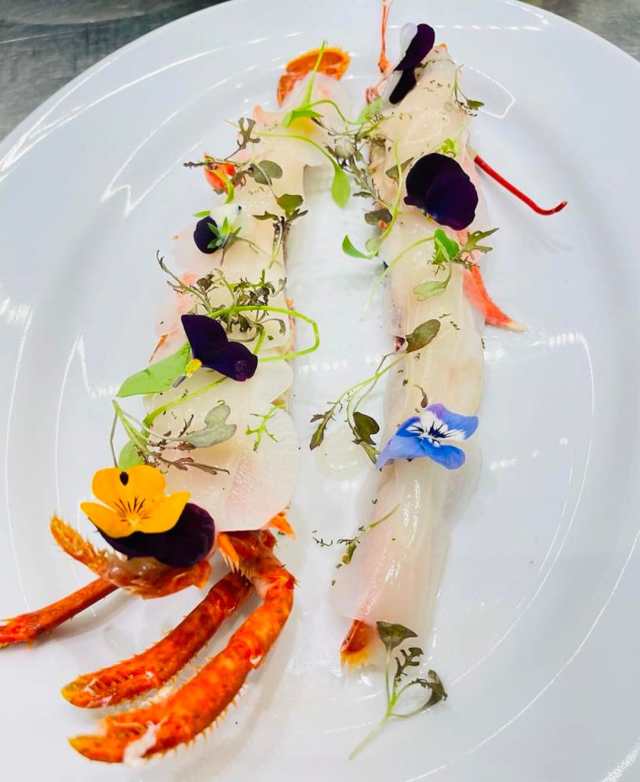

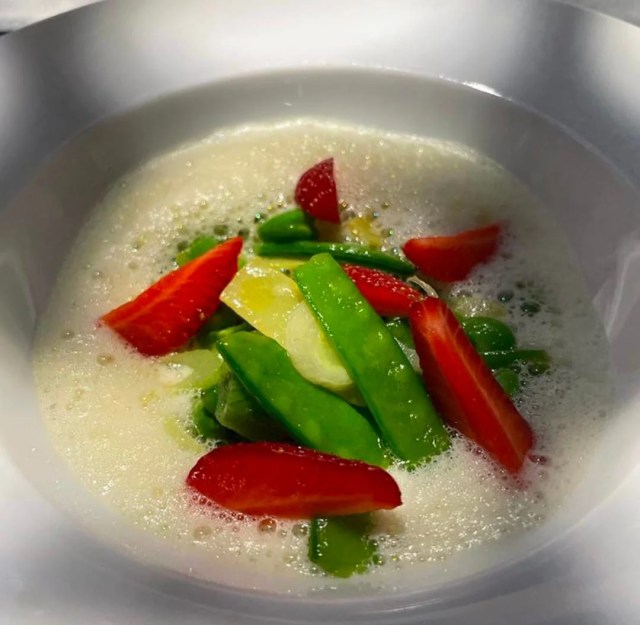


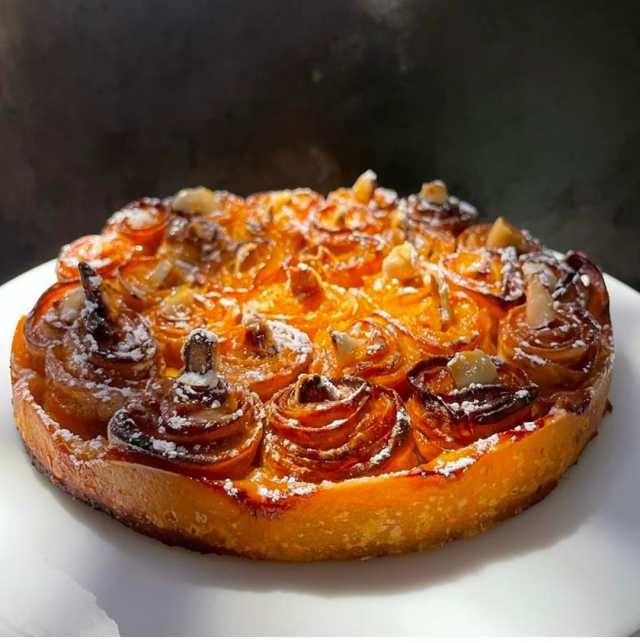






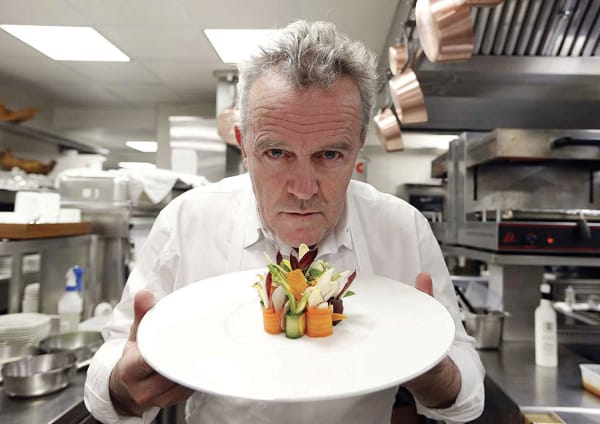

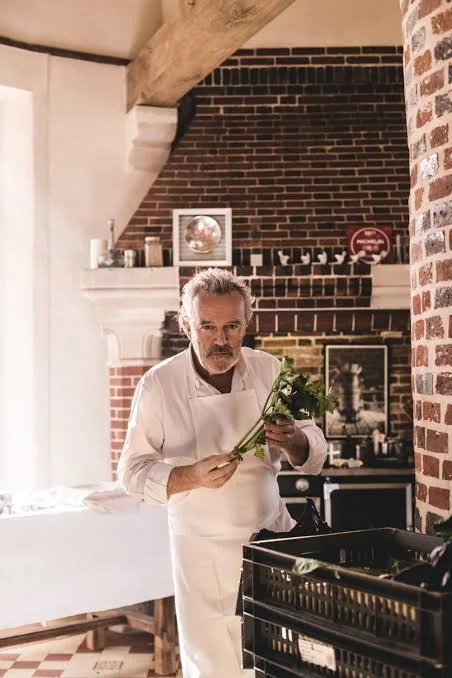




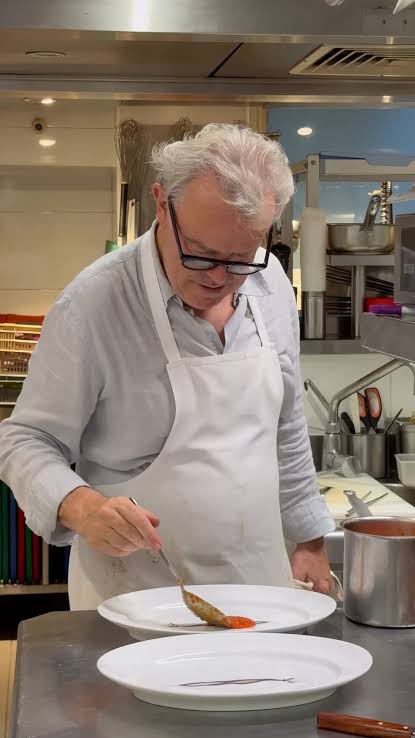

With L’Arpège, his three-Michelin-starred restaurant located in the prestigious 7th arrondissement of Paris, Passard has crafted a legacy that blends culinary tradition with avant-garde vision. His work has inspired a global movement toward sustainable fine dining, seasonal cooking, and plant-based gastronomy, positioning him as one of the most influential chefs of the 21st century.
This detailed biography explores his journey, philosophy, recognition, and the profound cultural impact of his contributions to the culinary world.
Early Life and Culinary Roots of Alain Passard

Alain Passard was born on 4 August 1956 in La Guerche-de-Bretagne, Ille-et-Vilaine, France. Growing up in Brittany, a region rich in culinary heritage, young Alain was surrounded by the traditions of French cooking. His earliest memories of food were tied to the smells of the countryside, fresh produce from the markets, and the ritual of shared meals. These experiences would later inspire his deep respect for seasonal ingredients and his eventual shift to farm-to-table gastronomy.
At just 14 years old, Passard entered the professional kitchen world, beginning his apprenticeship at the Hôtellerie du Lion d’Or in Liffré under Michel Kéréver. This formative period introduced him to the fundamentals of French culinary techniques and discipline, instilling in him a strong work ethic and a passion for the precision of the craft.
He continued his training at La Chaumière in Reims under Gaston Boyer between 1975 and 1976, where he learned the delicate balance of flavors and the importance of respecting ingredients. In 1977, Passard joined L’Archestrate under the legendary Alain Senderens, one of the most influential chefs of modern French cuisine. This experience exposed him to nouvelle cuisine, creativity, and a refined sense of culinary artistry.
By the age of 26, Alain Passard had already carved out his place in the French fine-dining scene, demonstrating a talent and drive that would soon elevate him to the highest echelons of gastronomy.
Rise to Prominence: Michelin Stars and Culinary Recognition

Passard’s first major breakthrough came between 1980 and 1984, when he was appointed head chef at Le Duc d’Enghien at the Casino d’Enghien. His bold flavors, precise techniques, and unwavering dedication to quality earned him two Michelin stars at just 26 years old, a remarkable achievement that placed him among the most promising chefs of his generation.
In 1984, Passard moved to the Carlton in Brussels, where his reputation continued to grow. He once again earned two Michelin stars, cementing his reputation as a rising star in French gastronomy. These early successes highlighted his skills as a rôtisseur, mastering the art of roasting meats, fish, and poultry to perfection—a foundation that gave him both confidence and recognition in the culinary world.
By the mid-1980s, Alain Passard was already being hailed as one of the most talented young chefs in France, known for his technical brilliance and artistic vision. But his greatest chapter was yet to come.
L’Arpège: The Birth of a Culinary Legend
In 1986, Alain Passard took a bold step by purchasing L’Archestrate from his mentor Alain Senderens. He renamed the restaurant L’Arpège, inspired by his love of music and the concept of harmony. Located at 84 rue de Varenne, Paris, in the heart of the 7th arrondissement, L’Arpège quickly became a temple of gastronomy.
Within a short time, the restaurant earned its first Michelin star, followed by a second. In 1996, after just a decade of relentless innovation, L’Arpège was awarded the third Michelin star, a distinction it has maintained ever since—making it one of the most respected fine-dining establishments in the world.
L’Arpège became synonymous with refinement, creativity, and balance, offering diners an experience that went far beyond traditional French cuisine. It was here that Passard began experimenting with new ways of expressing flavors, textures, and the beauty of nature through food.
Culinary Philosophy: From Roasting Meats to Celebrating Vegetables

Alain Passard’s culinary philosophy has undergone one of the most remarkable transformations in the history of haute cuisine. In his early years, Passard was celebrated as a master of roasting meats, excelling in dishes that showcased his precision and technique. However, in 2001, he made a radical and unprecedented decision: he removed red meat from the L’Arpège menu and shifted his focus almost entirely to vegetables.
This move shocked the culinary world but also cemented Passard’s reputation as a visionary. He argued that vegetables offered an infinite range of flavors, colors, and textures, capable of inspiring dishes that were just as satisfying, complex, and luxurious as meat-based cuisine.
To support this philosophy, Passard established his own organic kitchen gardens. Today, L’Arpège is supplied by three biodynamic farms located in Sarthe, Eure, and Manche. These gardens produce seasonal vegetables, herbs, and fruits cultivated without chemicals, ensuring freshness and sustainability.
Passard’s dedication to vegetables does not reject tradition; instead, it embraces seasonal cooking as a source of creativity and authenticity. His menus evolve with the rhythm of nature, making every dining experience at L’Arpège unique.
L’Arpège in the Modern Era: Plant-Based Fine Dining
As of July 2025, Alain Passard has taken his philosophy to its most ambitious level yet. L’Arpège has transitioned to an almost entirely plant-based menu, eliminating meat, fish, and dairy, while incorporating honey from his own beehives. This decision has made L’Arpège the first three-Michelin-star restaurant in France to embrace fully plant-based haute cuisine, a revolutionary moment in the history of French gastronomy.
This bold step reflects global trends toward sustainability, environmental responsibility, and health-conscious dining. Yet, in true Passard style, the shift is not about following fashion—it is about pushing boundaries and redefining what fine dining can be.
The move has been widely celebrated by critics and food lovers worldwide, solidifying Alain Passard’s role as one of the most innovative and courageous chefs in history.
Influence and Legacy: Inspiring the Next Generation of Chefs

The influence of Alain Passard extends far beyond his restaurant. His approach has inspired countless chefs around the world to reconsider the role of vegetables in fine dining and to explore sustainable practices in gastronomy.
Chefs like René Redzepi (Noma), Dan Barber (Blue Hill at Stone Barns), and many others have cited Passard as a source of inspiration for their emphasis on natural, local, and seasonal ingredients. His legacy can be seen in the rise of farm-to-table restaurants, plant-based fine dining, and sustainable food movements across the globe.
Passard has also mentored a generation of chefs who have gone on to achieve acclaim in their own right, spreading his influence even further into the culinary landscape.
Recognition, Awards, and Cultural Impact
Alain Passard’s achievements have been recognized with numerous awards and honors:
- Three Michelin Stars for L’Arpège (since 1996).
- 5 Toques in the Gault & Millau guide, affirming his excellence in French gastronomy.
- A Globes de Cristal “pépite” award in 2010, recognizing his contribution to French culture.
- Regular inclusion in the lists of the world’s best restaurants.
Beyond awards, Passard has played a crucial role in shifting the perception of vegetables in haute cuisine, elevating them to a level of artistry previously reserved for meats and luxury products like foie gras or truffles. His impact is cultural, philosophical, and environmental, resonating with a generation that values sustainability and creativity in equal measure.
The Timeless Innovation of Alain Passard

Chef Alain Passard stands as one of the greatest culinary innovators of our time. From his early mastery of roasting to his bold embrace of vegetables and now his pioneering role in plant-based fine dining, Passard has consistently challenged conventions and expanded the horizons of French gastronomy.
His restaurant, L’Arpège, remains a beacon of excellence in Paris, embodying the spirit of creativity, sustainability, and refinement. More than just a chef, Passard is an artist, farmer, and philosopher of food, proving that cuisine is not only about nourishment but also about harmony, emotion, and respect for nature.
As the culinary world continues to evolve, Alain Passard’s legacy will endure—not just in the stars that adorn his restaurant, but in the countless chefs and diners he has inspired to see food in a new, transformative light.




You must be logged in to post a comment.